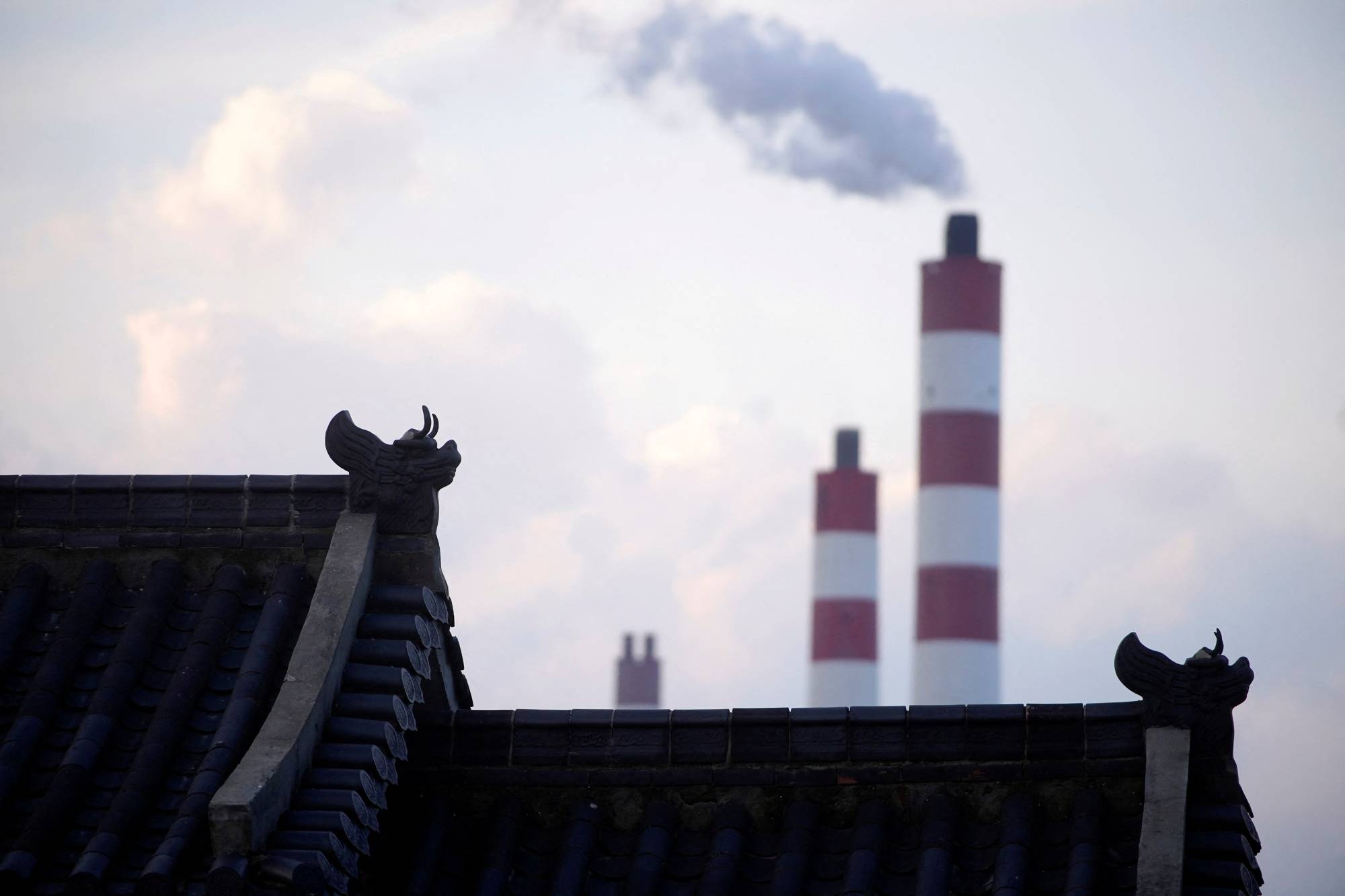China, the U.S. and Saudi Arabia are among countries that significantly altered a United Nations document that will shape global climate policy for years to come, according to an account of international negotiations preceding its release.
The report published this week was written by Earth Negotiations Bulletin, the only news organization allowed to observe proceedings when 195 nations gathered to approve a summary of climate science findings over the last five years. The document they were debating, meant to advise policymakers, is separate from the Intergovernmental Panel on Climate Change’s much longer report, which is purely technical and isn't vetted line-by-line by country negotiators.
The IPCC report stressed that continuing to burn fossil fuels threatens human well-being and the stability of much of life on Earth, with the chance of avoiding the most severe impacts moving rapidly out of reach. One of the most controversial conclusions was that greenhouse gas emissions have to be cut by 60%, and carbon dioxide pollution has to fall 65% by 2035 from 2019 levels for a 50% chance of keeping global temperature rise within 1.5 degrees Celsius by the end of the century. That’s the target that global leaders agreed on in the landmark Paris Agreement and what scientists say is needed to avoid the worst effects of climate change.

















With your current subscription plan you can comment on stories. However, before writing your first comment, please create a display name in the Profile section of your subscriber account page.